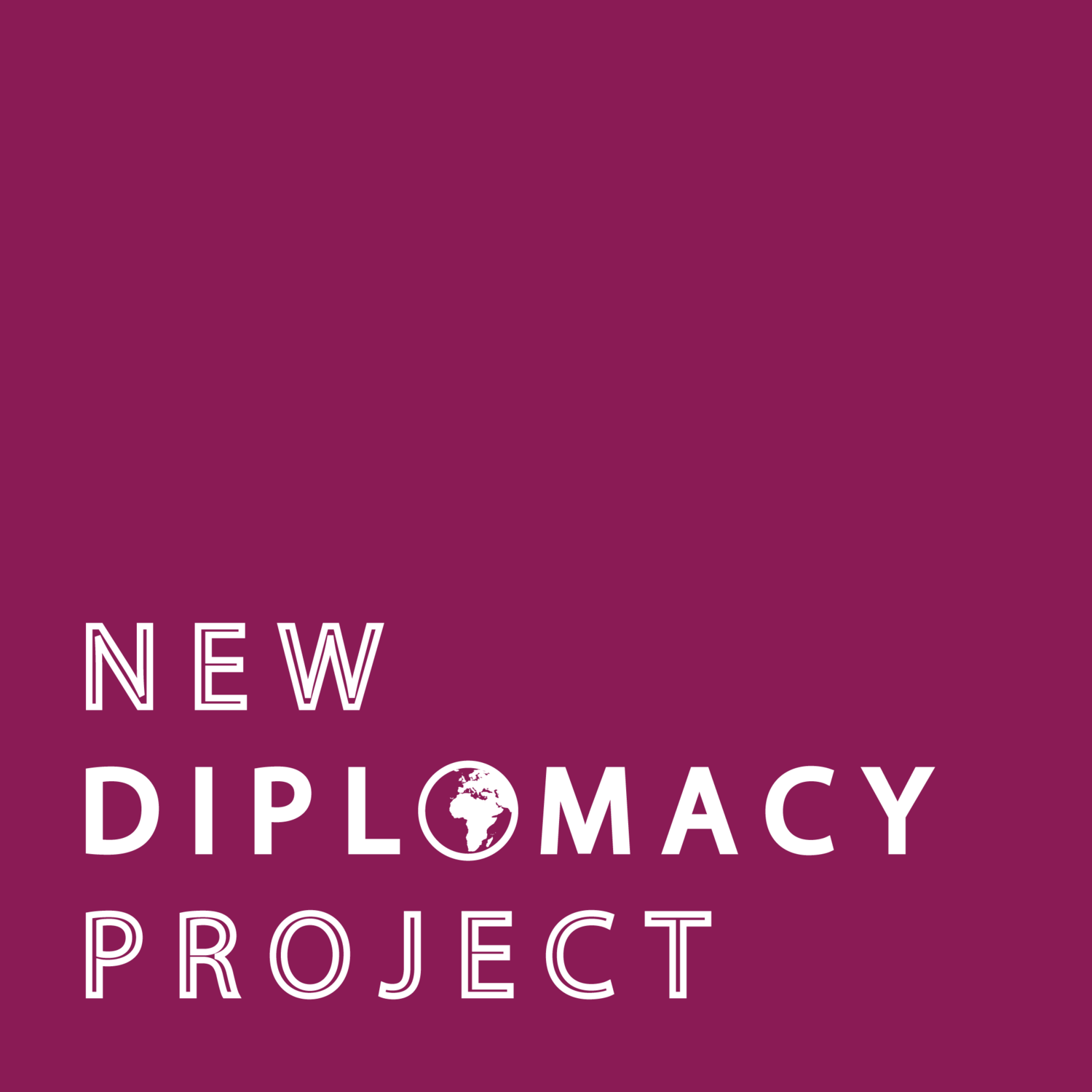The question of Palestine
Top lines
Annexation and impact of COVID-19
Israel’s de facto annexation of large parts of the West Bank are illegal under international law. Labour must call on the UK Government to use its permanent position on the UN Security Council and historic role in Israeli-Palestinian affairs to turn statements into diplomatic interventions.
With international attention focused elsewhere in 2020 - notably on the Covid-19 outbreak, conflict in Syria and Yemen, and the fall-out from Brexit - the Netanyahu administration ramped up its annexation policy with impunity. The number of demolitions in 2020 by Israeli authorities in the Occupied Palestinian Territories (OPT) reached their highest number in over four years.
Increased UK funding to the UN’s Palestinian relief agency (UNRWA) is welcome, in light of the Trump administration’s cut to funding. However, Labour must keep the pressure up, especially given drastic aid cuts made by the UK Government, which are expected to fall disproportionately on conflict-affected states.
There have been 182,000 record cases and 2,656 deaths in the OPT. However, as cases of COVID-19 are underreported and due to a lack of testing, the UN estimates the true figure may be ten times higher.
Only several thousand of 4.7 million Palestinians have been vaccinated, in contrast to 4.2 million Israelis. As the occupying power, the UN has determined that Israel has an international obligation to include the Palestinians in Israel’s programme or provide an alternative vaccine rollout. Labour must urge the Government to call on Israel to provide vaccinations for Palestinians.
Labour opposes the continued land, sea and air blockade of Gaza and should encourage the Government to make representations to Israeli officials and ask them to lift the blockade.
Palestinian elections are on track to take place on 22 May 2021 - for the first time in 15 years. The UK, US and the EU, have a key role to play to ensure that this election takes place peacefully and that the outcome is respected by Israel and the international community.
Agreements between Israel and Arab states
On 13 August 2020, an agreement was announced between Israel and the United Arab Emirates to normalise relations between the two countries. As part of this, Israel agreed to suspend their proposals to annex large parts of the West Bank. On 11 September 2020, it was announced that Bahrain and Israel had agreed to fully normalise their relations. These were followed by Israel reaching similar agreements with Sudan in October 2020 and Morocco in December 2020.
These agreements present a good opportunity to address the issue of Palestine with a new determination. Labour must urge the UK Government that this can only be achieved through a two-state solution, with a safe and secure Israel alongside a viable Palestinian state.
The conflict between Israel and the Palestinians can only be solved through negotiation between Israelis and Palestinians and Labour must help facilitate that process when in Government. The election of US President Joe Biden provides the possibility of real movement towards negotiation and a lasting peace between Israel and Palestine.
Image: Graffiti on the West Bank Wall, Palestine, June 2011. Wanderlass via Flickr
